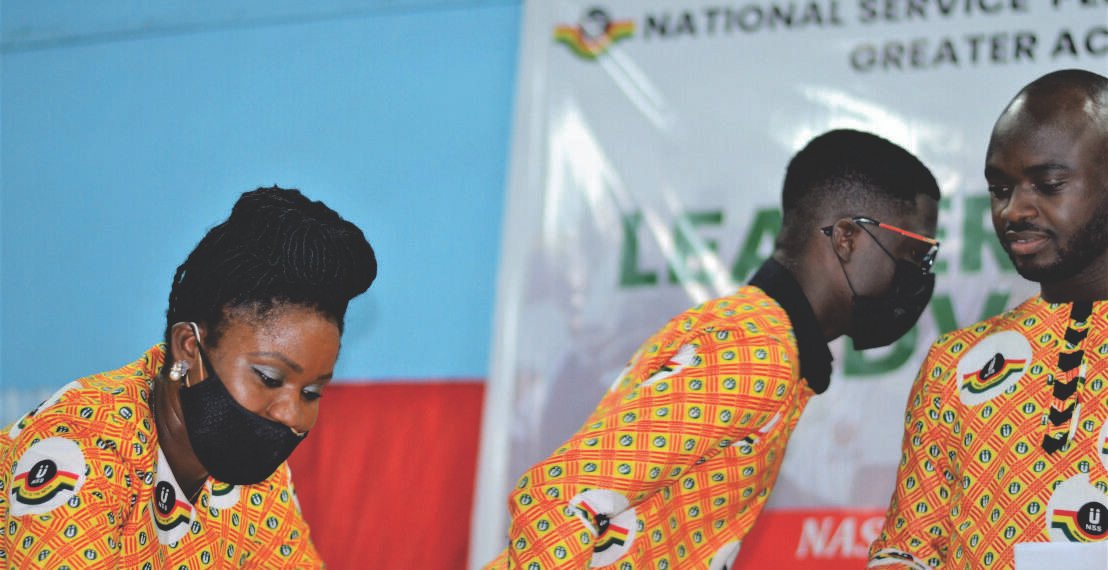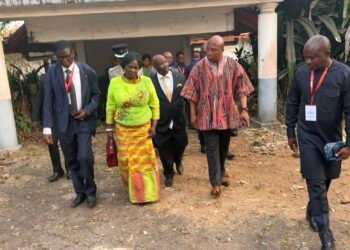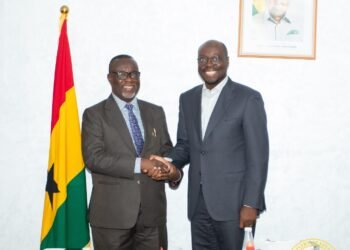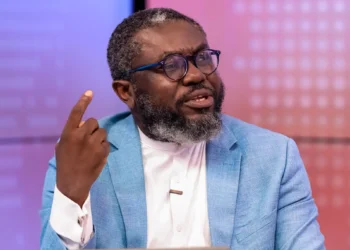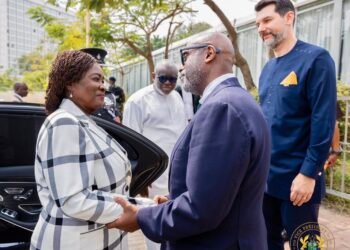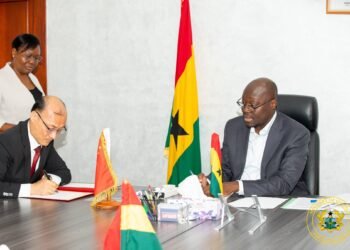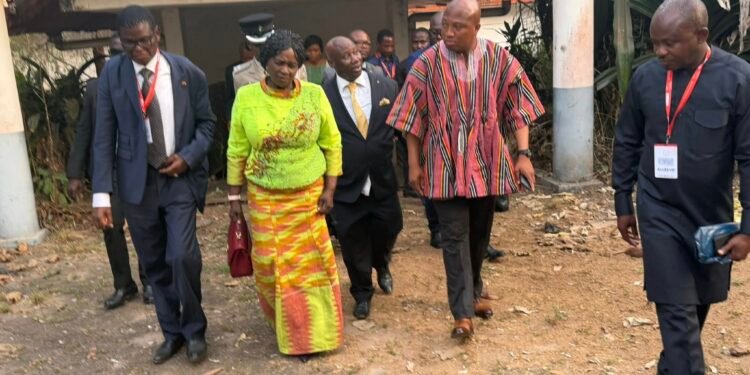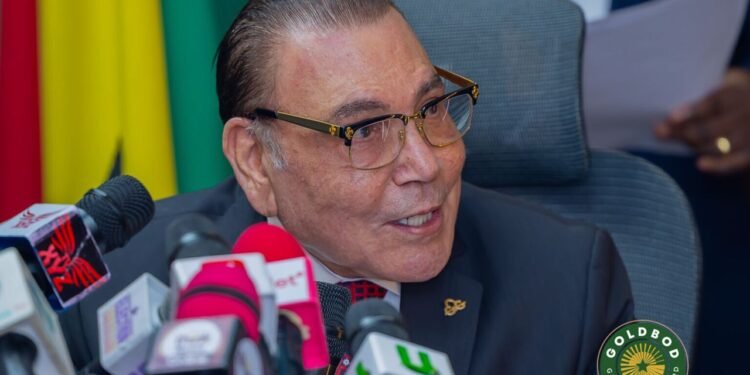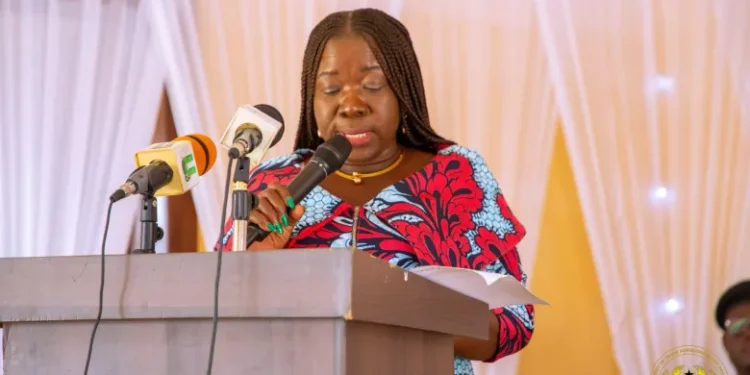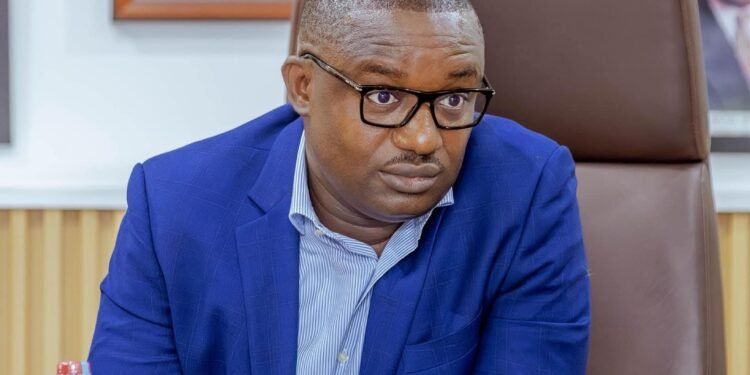There is a growing wave of discontent among final-year university students and some members of the general public in Ghana following the announcement of a GHS 40 registration fee for the National Service Scheme (NSS).
This fee, which is required for all final-year students to obtain a code for their mandatory one-year service registration, has been widely criticized as an extortionate and unnecessary burden, particularly in light of the country’s current economic challenges.
Emmanuel Kofi Annobil, a final-year student at the University of Education Winneba, expressing his objection to the fee, called it an unfair imposition on students who are already grappling with numerous financial pressures.
He further highlighted the disproportionate nature of the fee, noting that it is twice the daily minimum wage in Ghana.
“In my final year in school, the state is asking me to offer a mandatory one-year service upon completion of my course of study. I gladly agree, only to be asked by the state to pay GHS 40 as part of getting registered to serve.
“Like I have to pay an amount that is two times the daily minimum wage of Ghana just to get a code to start my registration process? Because of why? So subtly, NSS will make some GHS 5.3 million from just registration of prospective NSP. Ridiculous!”
Emmanuel Kofi Annobil, a final-year student at the University of Education Winneba
Mr Annobil’s remarks resonate with the broader sentiment of students who view the fee as an undue financial strain.
This fee, they argue, contradicts the spirit of national service, which is supposed to be a voluntary contribution to the country’s development rather than a source of revenue for the state.
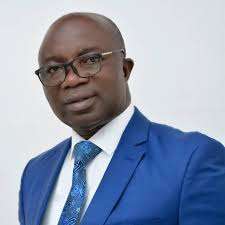
Call for Urgent Reversal
The Executive Director of the Media Foundation for West Africa, Sulemana Braimah re-echoing the sentiment of several final-year university students across the country urged the Vice President, Dr. Mahamudu Bawumia to intervene.
In a public appeal, Mr Braimah emphasized the need for the ruling government, particularly the Vice President and flagbearer of the ruling party to take immediate action to reverse the payment of the fee by final-year university students, whom according to him majority struggle for their daily upkeeps.
“Dear Dr. Mahamudu Bawumia, I know you are not the President. But I also know that as Vice President, presidential candidate and leader of the governing NPP, there are certain decisions you can make. I’m appealing to you to order NSS to immediately reverse this plan to extort over GHC5.3 million from poor prospective National Service Personnel”.
Sulemana Braimah, Executive Director of the Media Foundation for West Africa
The Executive Director of the Media Foundation for West Africa further asserted that National Service Scheme enrollment should be made free.
He vehemently posited that the National Service Scheme registration fee is not just a financial burden but as an exploitative measure that undermines the voluntary essence of national service.
Mr Briamah also emphasized that in a time of economic hardship, when many families are struggling to make ends meet, adding such a fee appears insensitive and counterproductive.
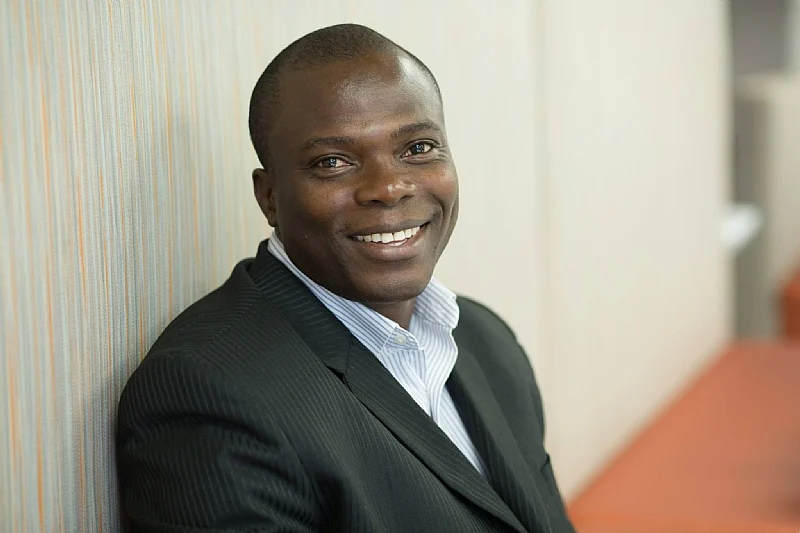
In light of these widespread grievances, the government and the National Service Scheme must review this decision.
Eliminating or reducing the registration fee to the lowest minimum would alleviate the financial pressure on students and reaffirm the commitment to making national service an accessible and voluntary endeavour.
Addressing these concerns will not only foster goodwill among the teeming final-year university students across the country but also ensure that the National Service Scheme remains committed to its vision and mission to ensure that priority sectors of the country’s national life are never lacking in the requisite human resources needed for development.
READ ALSO: Ghana’s Cocoa Industry Faces $500 Million Revenue Drop Amidst Multiple Crises

